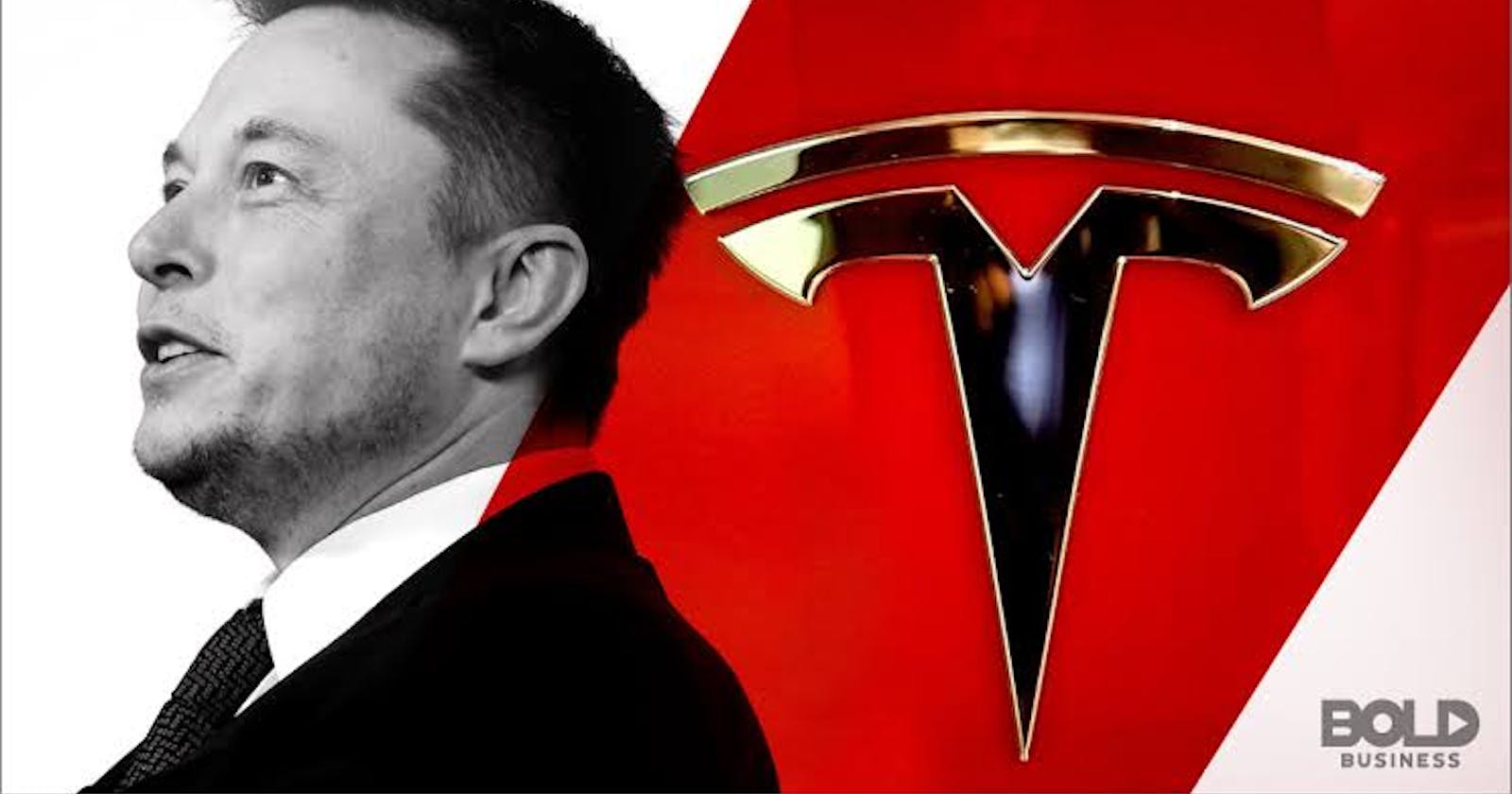Trillion Dollar Tesla Marks The Market Top
Market value could double to $2 Trillion by next year
The surge in Tesla's TSLA share cost towards the USD 1,000 imprint and the going with USD 1 trillion valuation will draw a lot of discourse – on Tesla's valuation, about Elon Musk's conduct and on the idea of the stock and crypto markets. Unexpectedly, it is probably not going to prompt a more extensive discussion on environment harm and the earnest requirement for clean energy.
I'm not going to articulate on whether Tesla is a purchase or sell, yet just to comment on two related elements – the two of which are joined by the feeling that as in all incredible positively trending markets, Tesla is the tribal resource, the wonder that unfastens a few stories and characterizes a speculation age – in transit up and furthermore conceivably in transit down.
Little discussion on environmental change
In the first place, Tesla denotes the approach of a few new eco-frameworks, that are currently strongly related.
One is the battery/electric vehicle industry, which is progressively and where, contrasted with its friends, Tesla's securities exchange capitalization is as yet (in any case a tremendous request from Hertz – Tesla acquired USD 100bn in market cap for a request worth USD 4bn).
Another is the choices market which since the pandemic has detonated in size and has partially, unexpectedly, become the driver of the financial exchange as a rule, and explicit stocks like Tesla specifically. For instance, as of late 5.1 billion call choices contracts in Tesla have changed hands, predominating movement in any remaining investment opportunities. The generally held view is that this excited choices action is the driver of the Tesla share cost.
A third is the digital money market, to which Tesla is presently umbilically connected through its accounting report. To be sure, the cost of Tesla and bitcoin have ascended pair as of late.
Democratization of hazard
The juncture of these money driven eco-frameworks has driven many individuals to hold that we are during a time of the democratization of money – where stages, devices and items are jumping up that give the everyday person and lady admittance to the monetary chances until now delighted in by tycoon speculative stock investments supervisors.
This isn't the situation. Rather than the democratization of money, we are during a time of the democratization of hazard – where a scope of dangers, generally little known monetary market ones, are progressively conveyed across retail financial backers. The issue is that the man or lady in the road, is caught off guard for these dangers. The other, better point is that when many individuals across a populace discover they have the 'same' hazard, and all respond against it simultaneously, disengagement happens.
Monetary history is. Great aide here. For example Amsterdam was a focal point of monetary development (William Goetzman's book 'Beginnings of Value'), strikingly in choices exchanging. Such developments in finance follow an example where early financial backers and pioneers (particularly the individuals who own the foundation) do quite well, resource costs ascend in an explanatory way and this draws in the more noteworthy contributing public (the democratization stage), an accident or embarrassment results and controllers show up later than expected to the location of the mishap.
The derivatisation of the US real estate market in the mid 2000's is a genuine model. Modest financing implied individuals could bear more, and greater houses, until the whole market fell.
This prompts the subsequent point. Tesla, the choices market and crypto are not yet fundamental dangers to the monetary framework, yet they do make swarming in speculation techniques and can overstate bullish feeling.
Unpredictability ahead
My transient concern is that a scope of measures – unpredictability, choices estimating, hazard craving and streams pointers are altogether extremely extended to the potential gain. A gouge to financial backer feeling from say poor corporate income or higher security yields, could set off an episode of value market instability.
Reference: Forbes, Mike O'Sullivan

